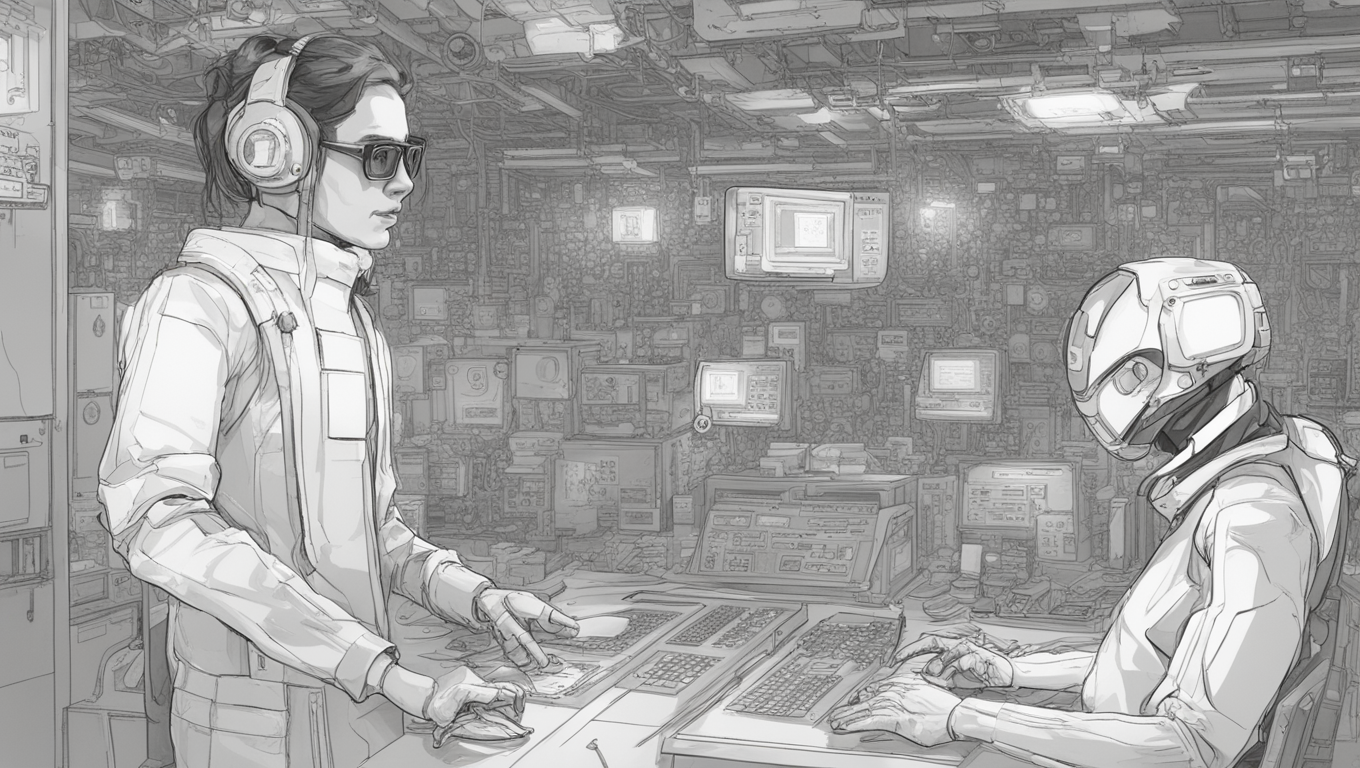Nvidia, a leader in the semiconductor industry, is exploring the use of chatbots to optimize their chip design process. Designing complex chips with billions of transistors is one of the most challenging tasks in the technology industry, often taking years to complete with the efforts of thousands of engineers. Nvidia’s chips are known for their complexity and are utilized in cutting-edge technologies like ChatGPT. To improve their chip design process, Nvidia has combined the technology behind chatbots with 30 years of data from their chip design archives.
One of the immediate benefits of this research is the ability to answer questions efficiently. Senior designers at Nvidia often spend a significant amount of time responding to queries from junior designers. By implementing chatbots, junior designers can ask questions to the system, saving valuable time for the senior designers. Bill Dally, Nvidia’s chief scientist, emphasizes the potential impact this can have, stating, “This can save senior designers a huge amount of time.”
The research conducted by Nvidia uncovered a fascinating finding: by integrating vast amounts of specific data from the company’s chip design experience, even a relatively modest chatbot can outperform a more advanced one. This approach not only enhances the accuracy of the chatbot but also helps control costs.
In addition to answering questions, Nvidia demonstrated how artificial intelligence (AI) can be used to generate code. A significant portion of engineers' time is devoted to identifying and addressing issues in the chip. AI systems can now write code scripts that operate testing tools, making the process more efficient. “Our goal here is not to automate the process or replace people, but to take the people we have and just give them superpowers to make them more productive,” explains Dally.
Nvidia’s exploration of chatbots in the chip design process showcases the potential of AI to enhance and optimize complex tasks. By leveraging the power of chatbots and AI, senior designers can focus on higher-level challenges, knowing that their junior counterparts have access to quick and accurate answers. This research is a testament to Nvidia’s commitment to pioneering advancements in the semiconductor industry.
As the use of AI continues to evolve, it is exciting to envision the possibilities it holds for accelerating innovation across various industries. With companies like Nvidia leading the way, we can look forward to a future where AI-powered tools empower humans to achieve extraordinary feats in record time.





Use the share button below if you liked it.